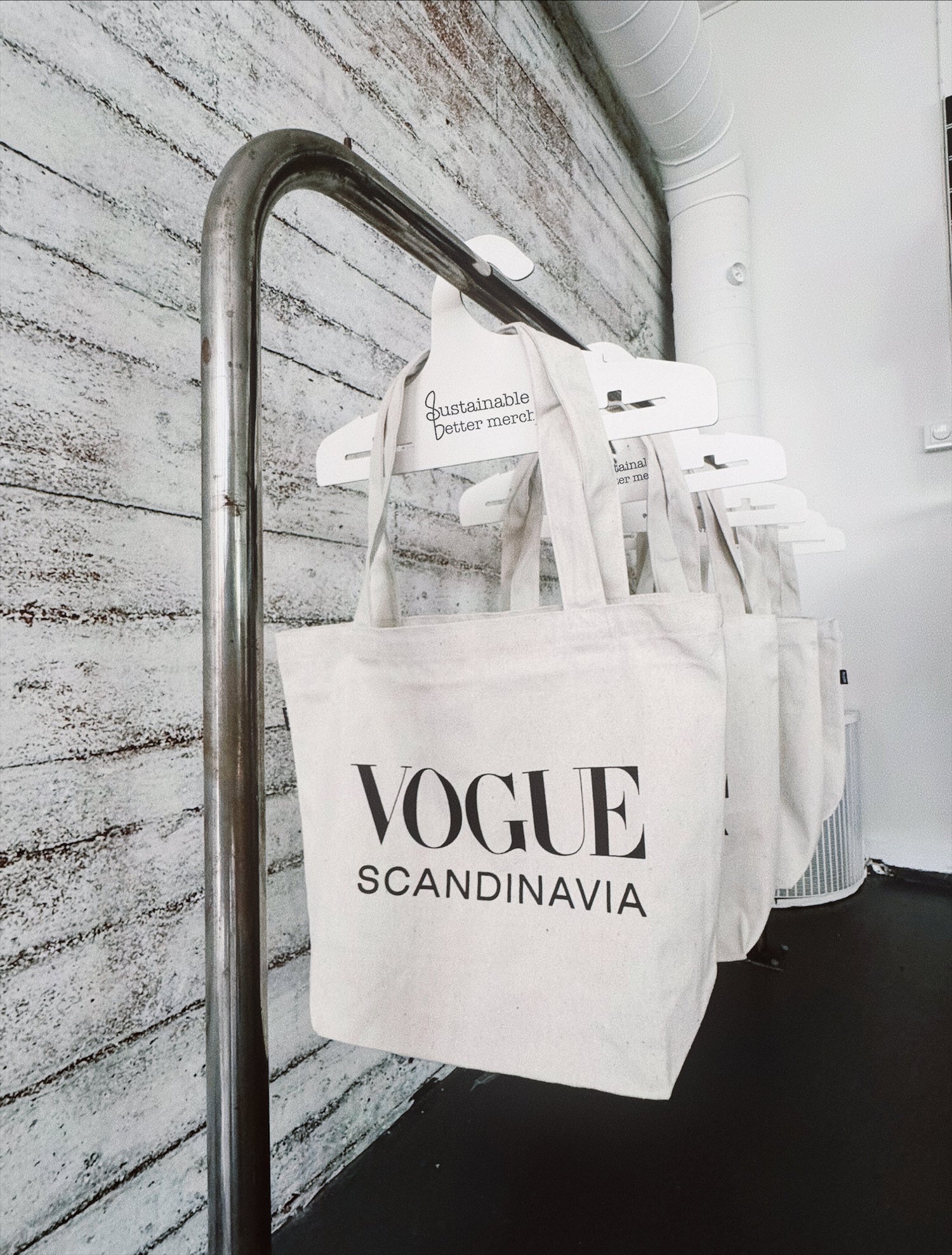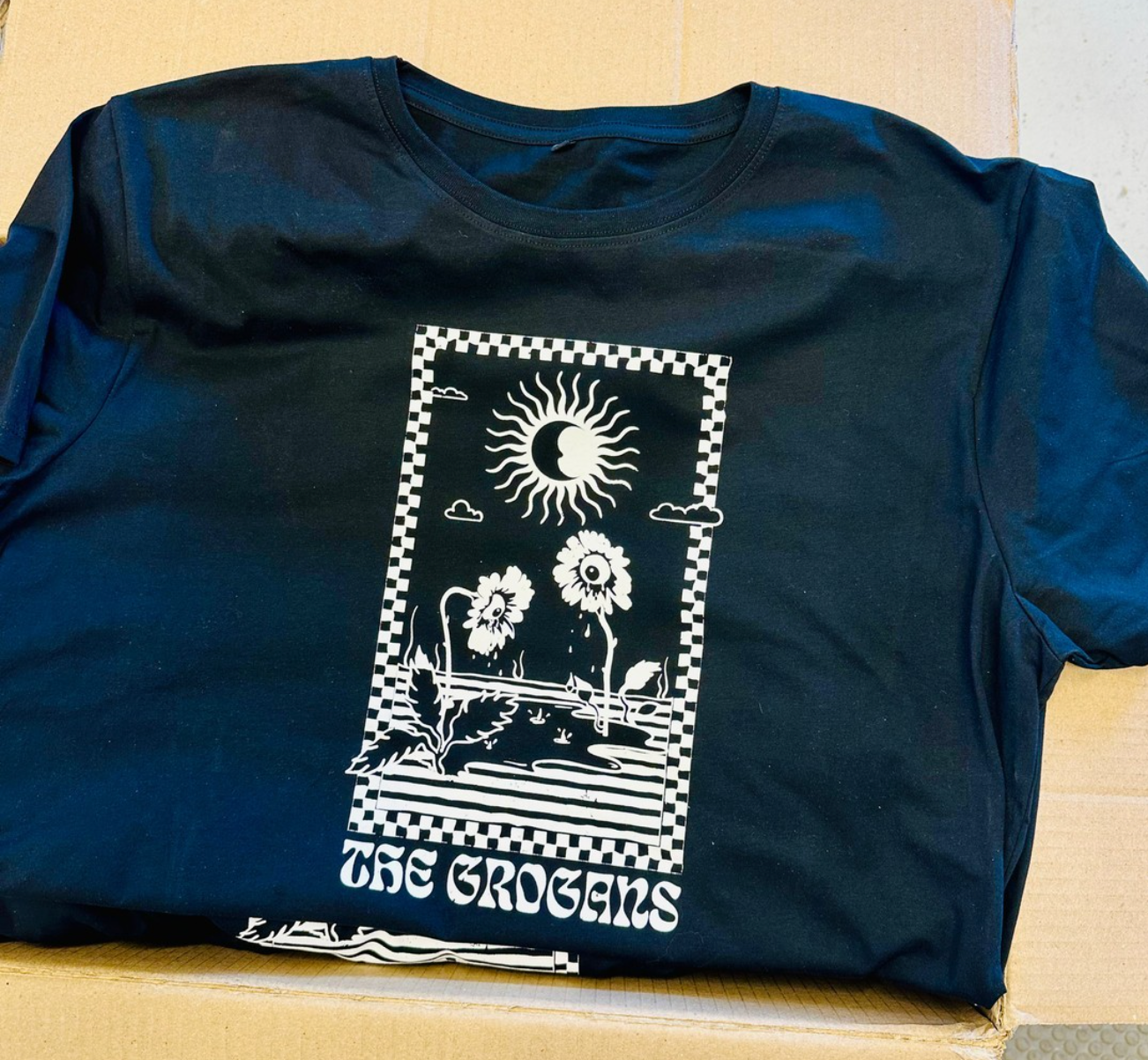Shopping sustainably is more important than ever, but with so many brands claiming to be “eco-friendly,” how can you tell what’s real and what’s just greenwashing? Knowing how to identify truly ethical brands ensures that your purchases align with your values while supporting businesses that genuinely care about sustainability.
1. Look for transparency in production
One of the biggest indicators of an ethical brand is transparency. Brands that openly share where and how their products are made are usually more trustworthy. Check for:
-
Factory locations and working conditions – Ethical brands disclose where their products are produced and ensure fair wages.
-
Material sourcing – Look for brands that use organic, recycled, or responsibly sourced fabrics.
-
Sustainability reports – Companies committed to sustainability often publish annual reports detailing their impact and improvements.
Learn about our ethical manufacturing process.
2. Certifications that matter
Third-party certifications help verify whether a brand is genuinely sustainable. Some key certifications to look for include:
-
GOTS (Global Organic Textile Standard) – Ensures organic cotton is produced under strict environmental and social criteria.
-
Fair Wear Foundation – Guarantees fair wages and ethical working conditions.
-
GRS (Global Recycled Standard) – Confirms that products contain certified recycled materials.
-
OEKO-TEX® – Tests for harmful substances to ensure textiles are safe for consumers and the environment.
See how we meet sustainability standards.
3. Check for sustainable materials
Many brands still use unsustainable materials like conventional cotton, polyester, and plastic packaging. Instead, look for products made from:
-
Organic cotton – Requires less water and no toxic chemicals.
-
Recycled polyester – Reduces plastic waste and carbon emissions.
-
Bamboo and hemp – Renewable alternatives with a lower environmental impact.
Explore our sustainable merch options.
4. Avoid greenwashing
Some brands use misleading claims to appear sustainable. Watch out for:
-
Vague terms – Words like “eco-friendly” or “natural” without proof.
-
No third-party certifications – Brands making big claims but lacking official backing.
-
Fast fashion disguised as sustainable – Companies producing massive amounts of clothing while calling themselves “green.”
5. Support brands that take real action
The most ethical brands do more than just sell sustainable products—they actively work toward a better future. Look for businesses that:
-
Invest in carbon offset programs
-
Have a closed-loop recycling system
-
Partner with ethical suppliers and fair-trade organizations
Learn how we take sustainability seriously.
Final thoughts
Shopping sustainably means being informed and making intentional choices. By researching brands, checking certifications, and avoiding greenwashing, you can ensure your purchases have a positive impact on both people and the planet.
Want to shop with confidence? Create your custom sustainable merch today.




